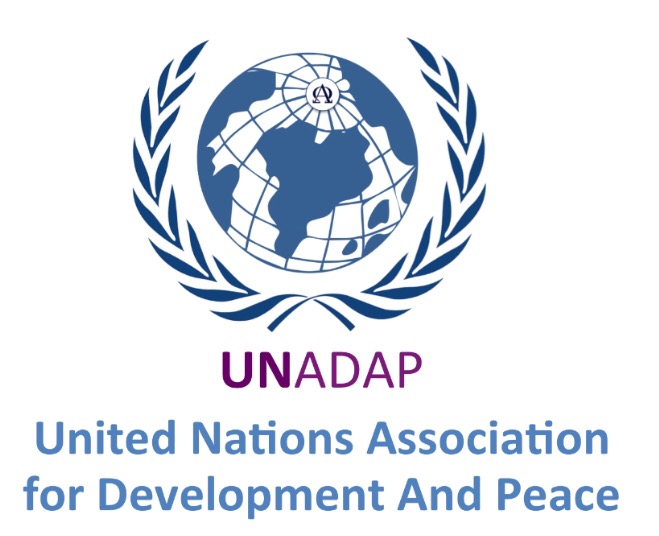Indigenous people - key allies of #ZeroHunger goal
- UNADAP | United Nations
- Dec 1, 2022
- 2 min read
FAO is one of the leading organizations for its expertise in natural resources management, including food systems. Given the inextricable relationship that exists between nature and indigenous peoples’ livelihoods, FAO plays an important role in protecting the environment and those who depend on it for survival. Many FAO projects relate to indigenous peoples even if indirectly, in their promotion of biological and cultural diversity as the underpinnings of food and livelihood security as well as quality of life.

Currently there are more than 370 million self-identified indigenous peoples in some 90 countries around the world. They have made relevant contributions to the world´s heritage thanks to their traditional understanding of ecosystem management. However, indigenous peoples are among the world´s most vulnerable, marginalized and disadvantaged groups in the world. Although they account for less than 5 per cent of the global population, they comprise about 15 per cent of all the poor people in the world. To date, there is no universally accepted definition of indigenous peoples. The diversity between regions and countries, and the differences in background, culture, history and conditions have proved extremely difficult for the development of one single definition at the international level applicable to all indigenous communities. In accordance with international consensus, FAO will abide by the following criteria when considering indigenous peoples:
Priority in time, with respect to occupation and use of a specific territory;
The voluntary perpetuation of cultural distinctiveness, which may include aspects of language, social organization, religion and spiritual values, modes of production, laws and institutions;
Self-identification, as well as recognition by other groups, or by State authorities, as a distinct collectivity; and
An experience of subjugation, marginalization, dispossession, exclusion or discrimination, whether or not these conditions persist.
FAO focal points and indigenous peoples caucus
“Greater participation in development processes is a cornerstone of indigenous peoples’ rights. For projects that involve or affect indigenous peoples, FAO will facilitate the inclusion of representatives of indigenous peoples in its consultations and programming cycles, in accordance with the principle of ‘free, prior and informed consent’” (FAO Policy on Indigenous and Tribal Peoples.)
In February 2015, FAO organized a technical meeting between indigenous peoples’ representatives with the objective of discussing a joint work plan to implement the 2010 FAO Policy on Indigenous and Tribal Peoples.
One of the points of this joint workplan is the identification of FAO and indigenous peoples focal points at global, regional and national level with the main objective of facilitating interaction between indigenous peoples and FAO on a regular basis.
To enable this interaction, it was agreed to establish an indigenous peoples’ caucus. This caucus has one representative for each of the seven socio-cultural regions in which indigenous peoples divide the world (Africa, Asia, Central and South America and the Caribbean, the Artic, Central and Eastern Europe, Russian Federation, Central Asia and Transcaucasia, North America, and the Pacific).
The caucus has four main objectives:
Follow up and monitor the implementation of the joint workplan between FAO and indigenous peoples.
Enable the coordination and inclusion of as many indigenous organizations as possible.
Enable an agile mechanism of representation to ensure handing over and follow up by several indigenous leaders.
To communicate with FAO on a regular basis at local, regional and international levels.
Copyright: FAO News, Indigenous people.






Comments